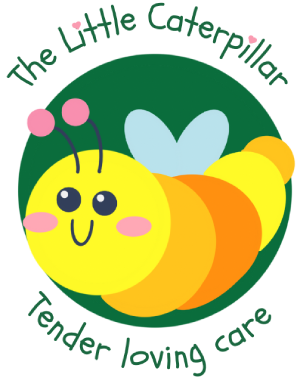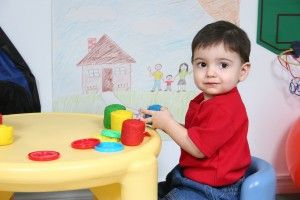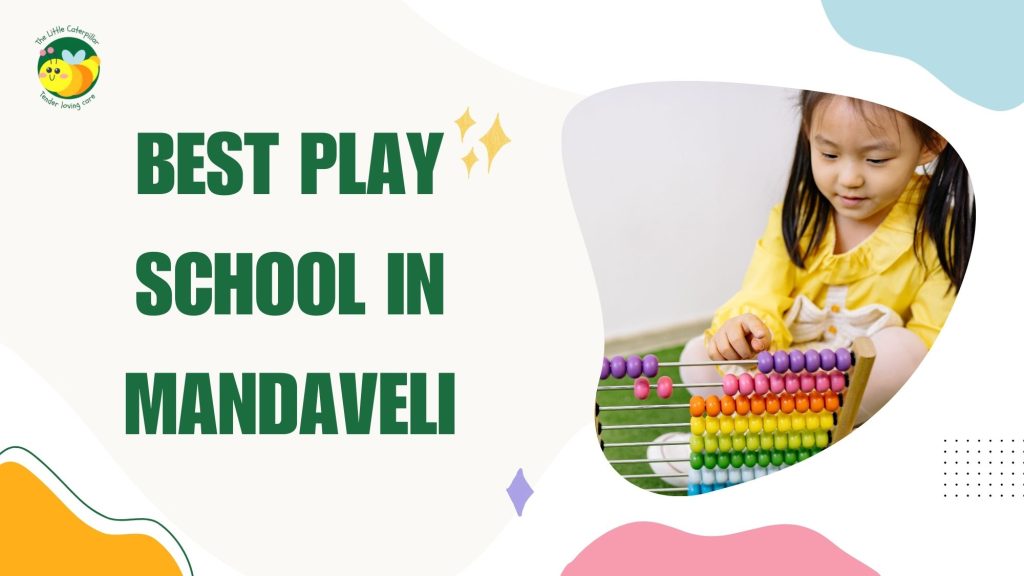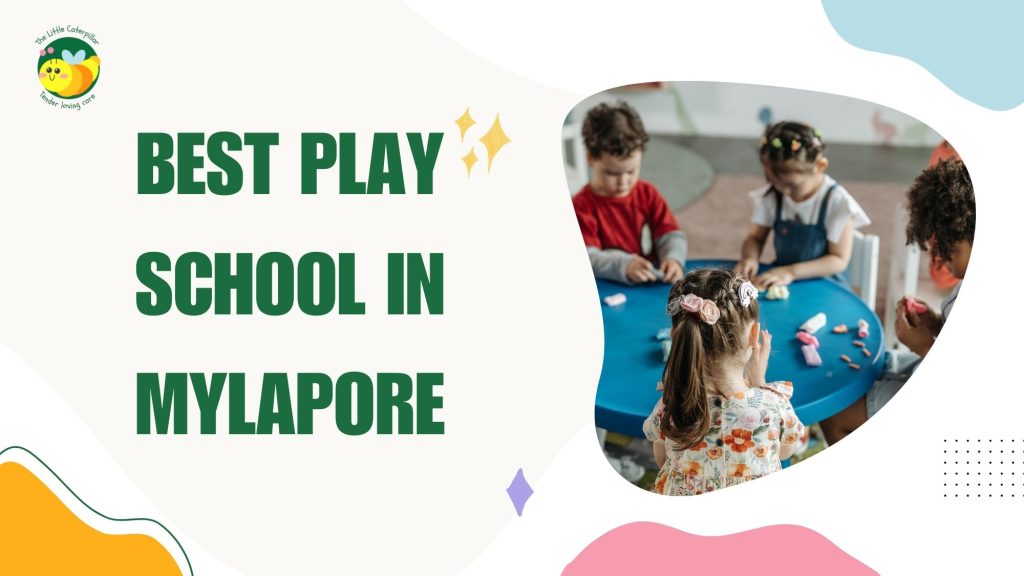Table of Contents
Introduction
Little Caterpillar in Chennai is dedicated to providing a holistic educational experience inspired by Montessori and Reggio Emilia philosophies, infused with rich Indian cultural heritage. Central to these educational approaches is the belief in fostering independence, creativity, and a love for learning from an early age. This essay aims to empower parents with practical Montessori-inspired activities that they can easily implement at home to reinforce their child’s learning. These activities are designed to align with the school’s educational philosophy and support parents in nurturing their child’s development in culturally meaningful ways.
Understanding Montessori Philosophy for Home Activities
Montessori education emphasizes a child-centered approach where learning is self-directed and hands-on. The environment is carefully prepared to promote exploration, independence, and the development of key skills such as concentration, coordination, and cognitive abilities. At home, parents can create similar environments and opportunities that encourage their child’s natural curiosity and desire to learn through purposeful activities.
Practical Montessori Activities for Home
1. Practical Life Skills
- Pouring and Transferring: Provide small pitchers and cups with water or dry beans. Encourage your child to practice pouring from one container to another, developing fine motor skills, coordination, and concentration.
- Food Preparation: Involve your child in age-appropriate cooking tasks such as washing vegetables, mixing ingredients, or setting the table. These activities promote independence, responsibility, and an appreciation for healthy eating habits.
- Care of Environment: Assign simple chores like watering plants, dusting shelves, or organizing toys into designated bins. These tasks help children develop a sense of order, responsibility, and respect for their surroundings.
2. Sensorial Activities
- Texture Exploration: Collect a variety of textured materials (e.g., fabrics, sandpaper, smooth stones) and invite your child to explore and classify them based on texture. This activity enhances sensory perception, discrimination, and vocabulary development.
- Scent Jars: Fill small jars with different scents (e.g., vanilla extract, lemon peel, cinnamon). Blindfold your child and ask them to identify each scent by sniffing the jars. This activity promotes olfactory awareness and concentration.
3. Language and Literacy Development
- Labeling Objects: Create labels with pictures and words for items around the house (e.g., chair, door, lamp). Encourage your child to match the labels to the corresponding objects, promoting vocabulary enrichment and early literacy skills.
- Storytelling and Sequencing: Use picture cards or objects to create simple stories or sequences. Ask your child to arrange them in chronological order or narrate their own stories, fostering language comprehension, sequencing abilities, and creativity.
4. Mathematical Exploration
- Counting and Sorting: Provide a collection of small objects (e.g., buttons, beads, coins) and encourage your child to count and sort them based on different attributes such as color, size, or shape. This activity enhances numeracy skills, logical thinking, and fine motor coordination.
- Number Recognition: Use numeral cards or objects to introduce numbers and quantities. Invite your child to match the numeral cards with corresponding groups of objects, reinforcing numeral recognition and one-to-one correspondence.
5. Cultural and Creative Activities
- Art and Craft Projects: Set up a creative corner with art supplies such as paper, crayons, paints, and clay. Encourage your child to explore different materials and techniques to create their own artwork, fostering creativity, fine motor skills, and self-expression.
- Exploring Indian Culture: Introduce children to Indian festivals, traditions, and arts through books, videos, or hands-on activities. Create rangoli designs with colored rice or explore classical Indian music and dance forms together, promoting cultural awareness and appreciation.
Benefits of Montessori Activities at Home
Implementing Montessori-inspired activities at home offers numerous benefits for children’s development:
- Encourages Independence: Children develop self-confidence and independence as they engage in purposeful tasks and make choices about their learning activities.
- Enhances Cognitive Skills: Hands-on exploration promotes problem-solving, critical thinking, and mathematical reasoning skills from an early age.
- Supports Language Development: Vocabulary enrichment, communication skills, and early literacy abilities are nurtured through language-rich activities and interactions.
- Promotes Fine and Gross Motor Skills: Manipulating objects, pouring, sorting, and engaging in physical activities foster coordination, dexterity, and muscle strength.
- Cultural Enrichment: Activities that explore diverse cultures, traditions, and arts promote respect for diversity, broaden children’s perspectives, and enhance their understanding of the world around them.
Supporting Parents in Implementing Montessori Activities
Little Caterpillar supports parents through various initiatives such as parenting panel discussions, workshops, and personalized guidance from trained educators. These resources provide parents with practical tips, strategies, and insights into Montessori principles, enabling them to create supportive learning environments at home that complement and reinforce classroom experiences.
Conclusion
Montessori-inspired activities empower parents to actively engage in their child’s learning journey, fostering independence, creativity, and a lifelong love for learning. Little Caterpillar in Chennai encourages families to integrate these activities into their daily routines, promoting holistic child development grounded in Indian cultural heritage. By providing practical life skills, sensorial experiences, language and mathematical exploration, and cultural enrichment opportunities, parents can nurture their child’s growth and academic success in alignment with Montessori principles.
References
- Montessori, Maria. The Absorbent Mind. Clio Press, 1995.
- Lillard, Angeline Stoll. Montessori Today: A Comprehensive Approach to Education from Birth to Adulthood. Schocken Books, 1996.
- Edwards, Carolyn, et al. The Hundred Languages of Children: The Reggio Emilia Approach to Early Childhood Education. Praeger, 1998.
- Narayanan, Vasudha. Indian Culture and Education. Sterling Publishers Pvt. Ltd., 2007.



